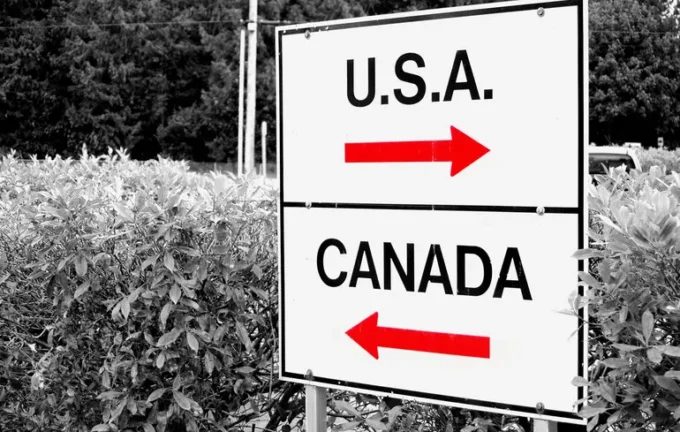Trump Suspends Trade Talks with Canada, Threatens New Tariffs

US President Donald Trump has announced a complete halt to trade talks with Canada and warned of a rapid increase in tariffs that could have a significant impact on the current international trade cooperation between the two countries. In his post on the Truth Social platform, he said that the decision to suspend negotiations was related to the decision of the Canadian government to maintain the same digital tax that the Canadian authorities chose to implement on a par with the innovations of the European Union. Such an initiative caused outrage in Washington, and Trump said that this week he would announce new tariff rates that would be in effect for at least seven days. In his message, Trump accused Ottawa of “copying the European Union,” arguing that the Canadian government’s “horrible” digital services tax is unfair to American tech giants like Amazon, Google, Meta, Airbnb, and Uber. He said the move is protectionist and a policy aimed at restricting American businesses at the border. Trump hinted that the country would retaliate with higher tariffs, at a level that would depend on specific conditions, and said Canada should be prepared for new tariffs in the near future. Canadian authorities have steadfastly refused to delay the digital tax under U.S. pressure, and the tax regime for the country’s tech companies has already taken effect. Under this new law, Canada is going to levy 3% of the revenues of digital giants such as Amazon, Google, Meta, Airbnb and Uber if their annual revenue exceeds $14.57 million or C$20 million. The first payment under this regime is expected on Monday, and this could have a number of economic and political consequences. This situation is causing growing tension in relations between the United States and the Canadian government. Recall that last month, US Commerce Secretary Howard Lutnick expressed an ambiguous assessment of the possible conclusion of a trade agreement with the Canadian side, calling it a “socialist regime”. This Ricardianism in political and economic assessments adds even more uncertainty to the future dynamics of bilateral relations. Overall, the situation surrounding digital taxes in Canada and their impact on trade negotiations between the United States and Canada has escalated in the context of increasing tariff measures and political statements. Additional customs tariffs could significantly complicate the supply of goods and services, as well as increase tensions in the economic interaction between the two key North American partners. It is clear that this confrontation, caused by new tax initiatives and the desire to protect the domestic market, has the potential to develop into a protracted conflict with unpredictable consequences for both sides.

